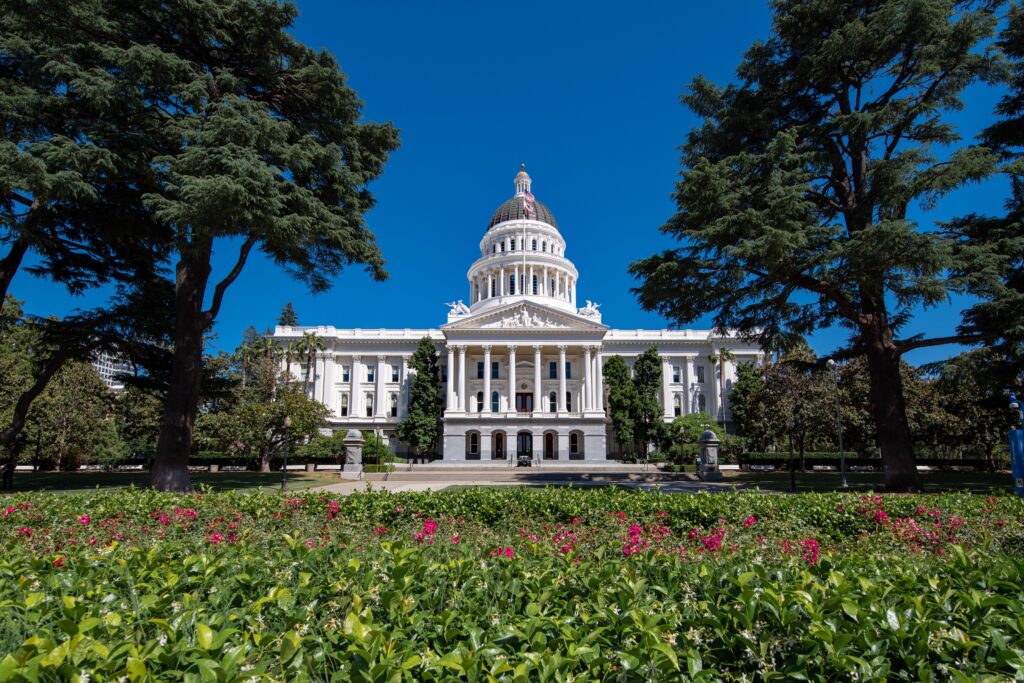
PAGA, or the Private Attorneys General Act, was created in 2004 by the California Legislature to allow employees to file lawsuits on behalf of the state for Labor Code violations and then share in the proceeds. It also allowed for an award of attorneys’ fees to the employee’s lawyers. While this gave agency to wronged employees, PAGA also created an unbalanced burden on employers and encouraged litigation, whether meritorious or not. The cost of these lawsuits put undue financial strain on both large and small businesses. California’s court also repeatedly interpreted the Act in ways that extended its scope and reduced the defenses businesses could assert.
After two decades of dealing with PAGA, California businesses responded by putting the California Employee Civil Action Law Initiative on the November 2024 ballot. This proposition would have repealed PAGA and replaced it with a new law that redirected Labor Code enforcement back to California’s Division of Labor Standards Enforcement.
In the face of this repeal effort, California’s Legislature and the Governor agreed to reforms to PAGA in exchange for withdrawal of the ballot proposition. At the beginning of July of this year, Gov. Newsom signed into law AB 2288 and SB 92, which strengthened worker protections while providing ways to help employers comply and address violations.
The new reforms may provide more balance between employees and employers, improving worker protections and lifting burdens on businesses.
Changes in PAGA
The changes in the new PAGA reform legislation both limit the size of penalties an employer are at risk for, and provide ways for businesses to reduce the impact of a lawsuit.
- There are now caps on penalties if employers have taken “reasonable steps” to comply with provisions in a Labor and Workforce Development Agency (LWDA) notice.
- LC section 2699(g) creates an opportunity for a prospective reduction in penalties for companies that take all reasonable steps to comply before they get a notice – this is an opportunity to audit labor code-related policies and procedures. Reasonable steps to comply could result in a 15% cap on penalties.
- LC 2699(h) creates an opportunity for a prospective reduction in penalties for companies that take all reasonable steps to comply within 60 days after they get a notice. This presents an opportunity to improve your position after a PAGA notice is received. Reasonable steps to comply could result in a 30% cap on penalties.
- LC 2699(p) and (q) and LC 2699.3 introduce new rules that allow courts to manage these cases more efficiently and open the possibility for companies to cure alleged violations, all potentially reducing litigation costs.
Making the most of PAGA reform for you
The new changes with PAGA give employers and businesses options before and after receiving notice of an alleged Labor Code violation, reducing the impact of costly lawsuits and fines. Now is the time to review your compliance for possible violations to minimize a future LWDA notice’s impact.
Having a law firm with experience in employment law is invaluable to protecting your business. Contact us to see how we can help you prevent and minimize risk.